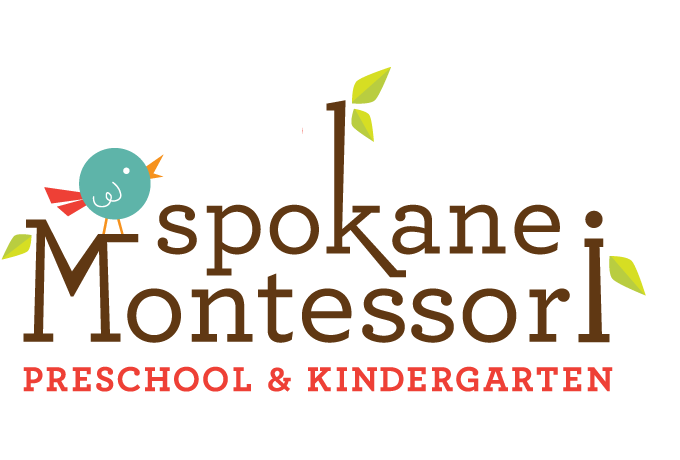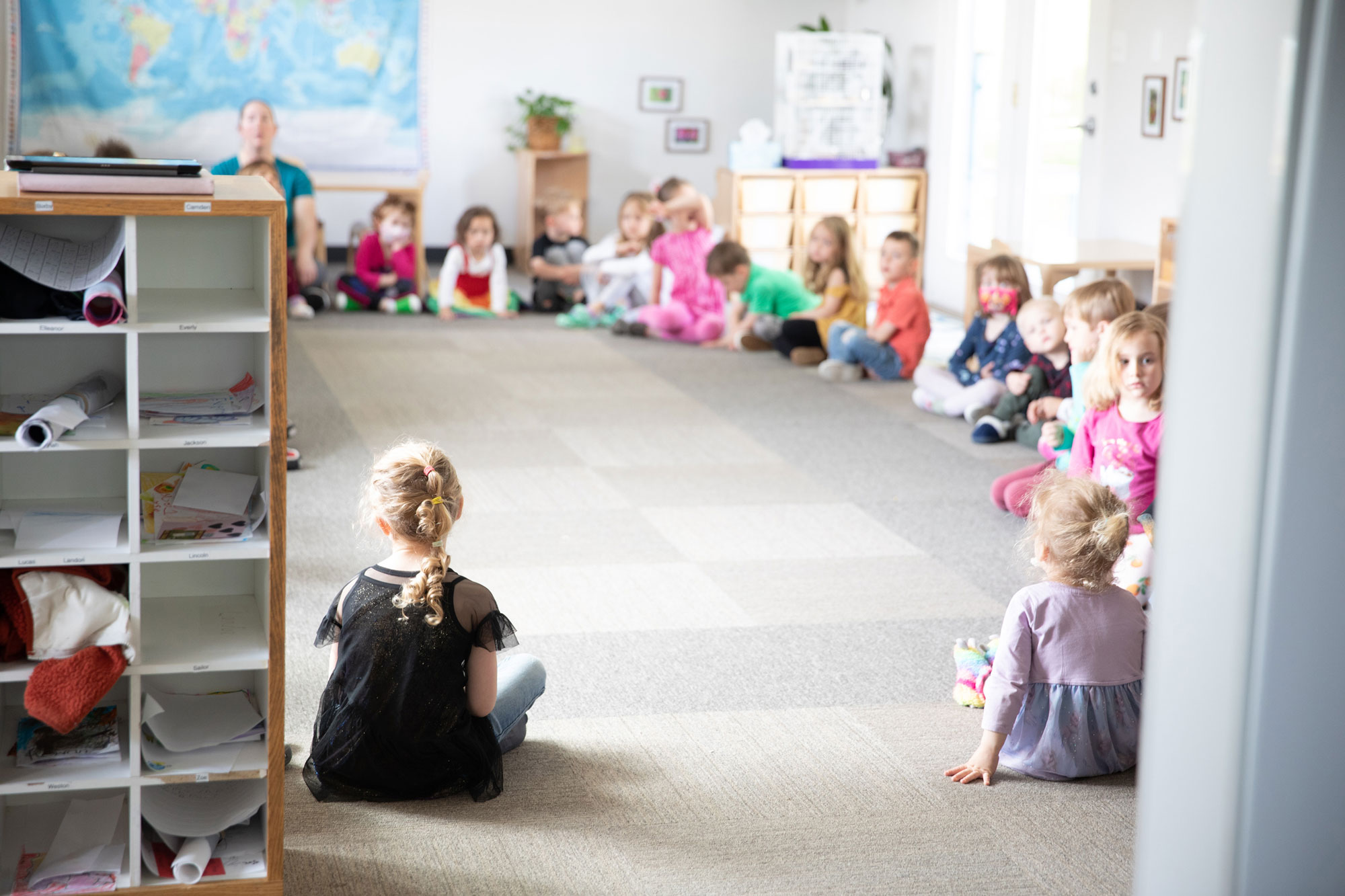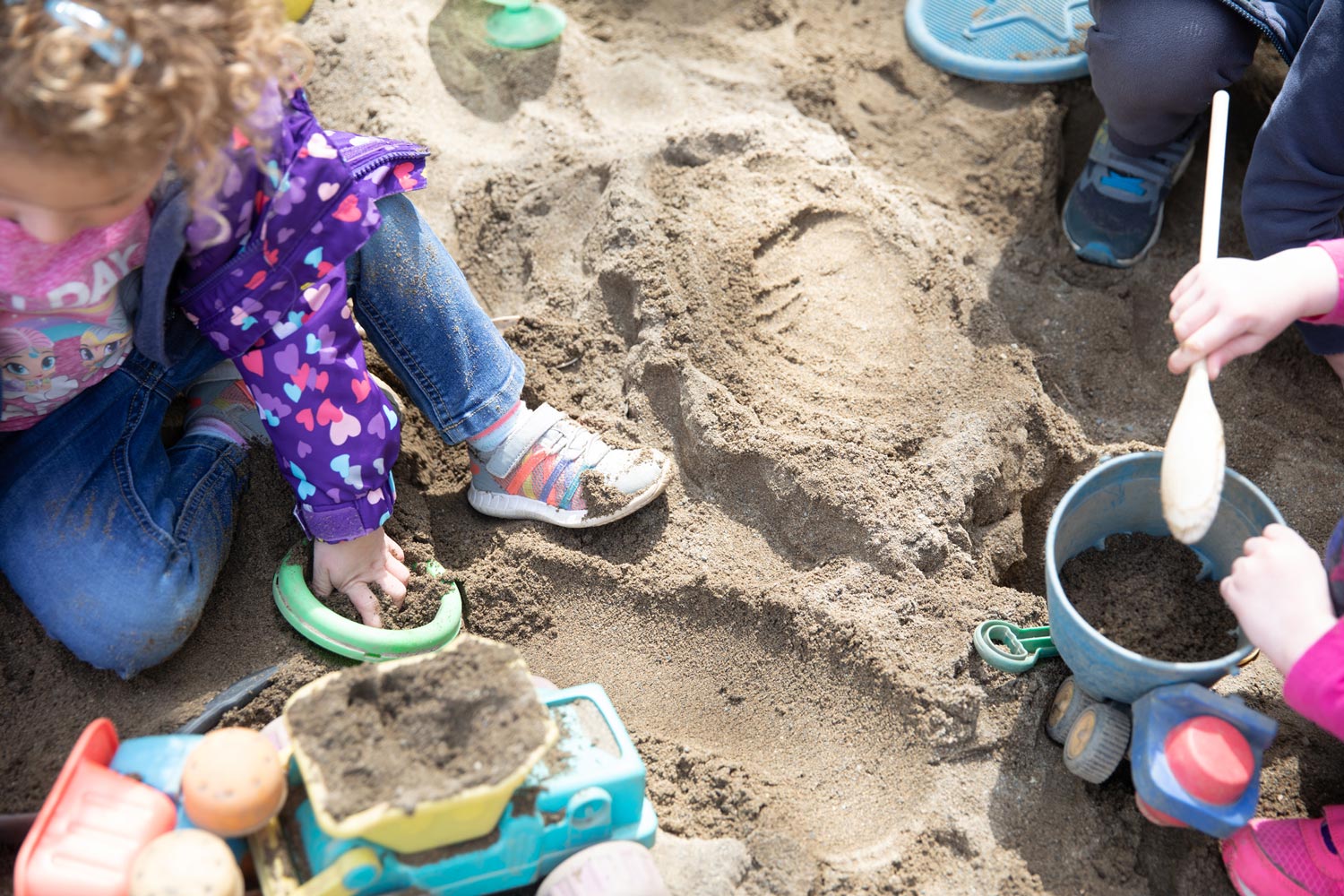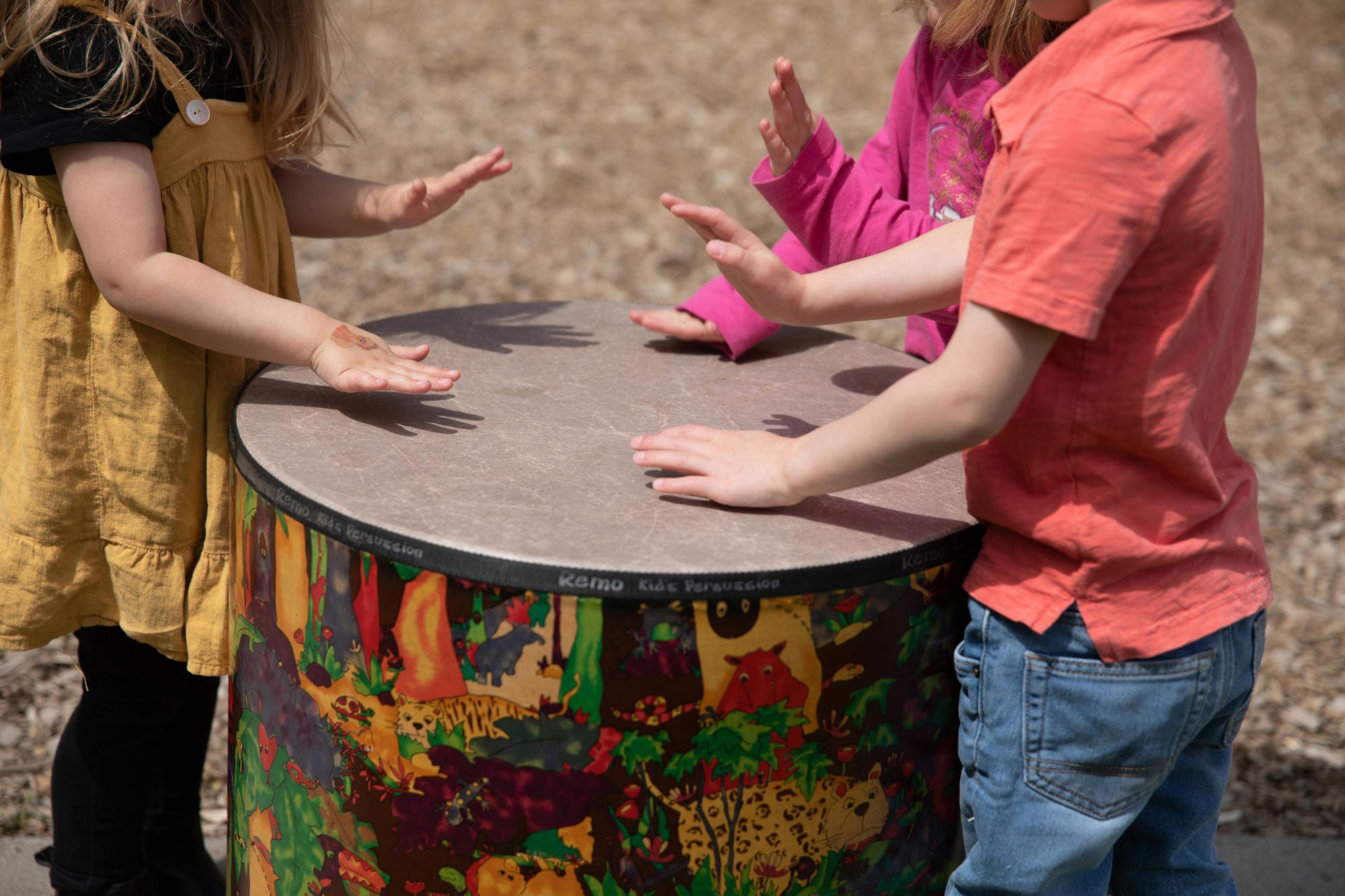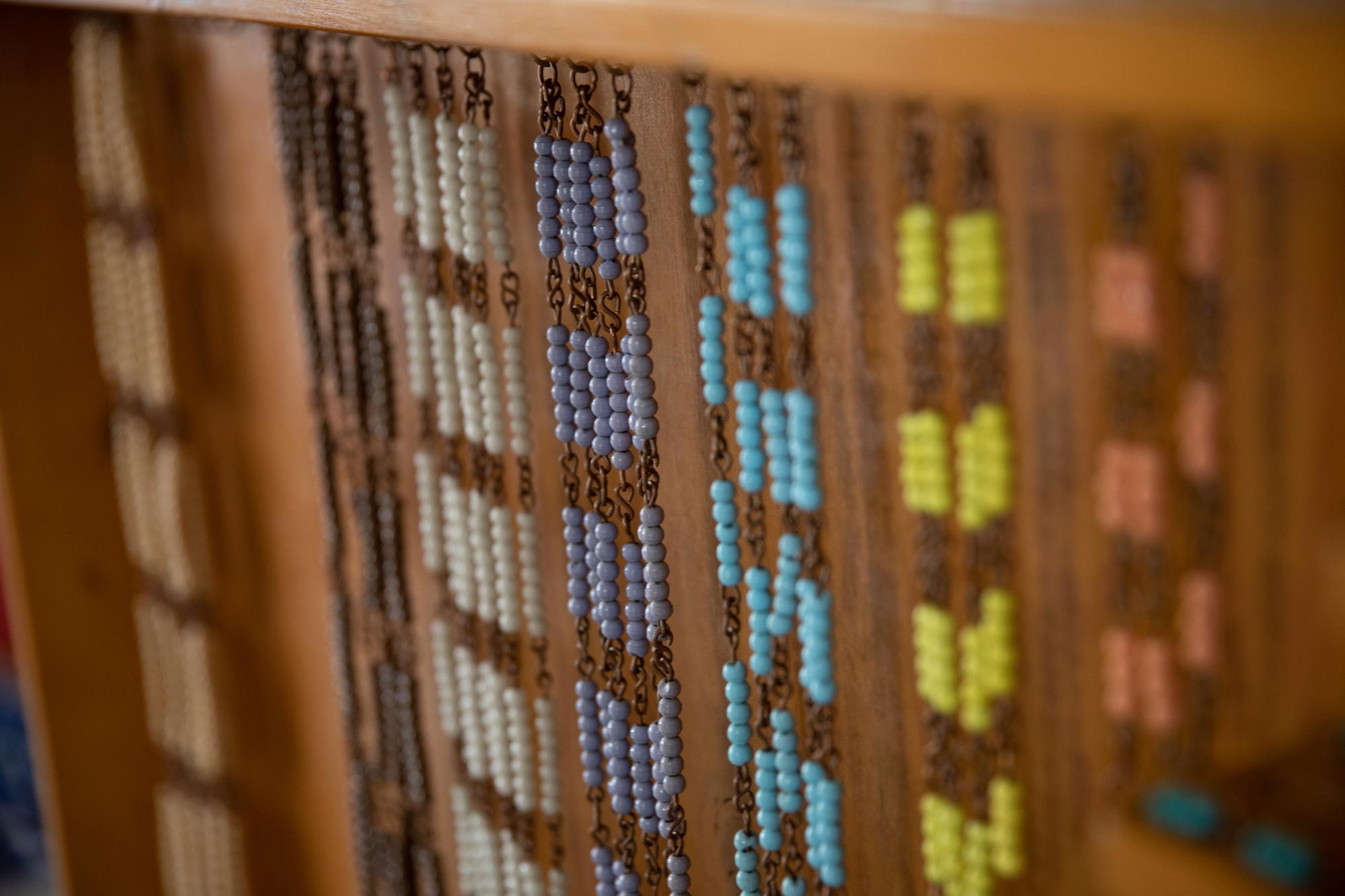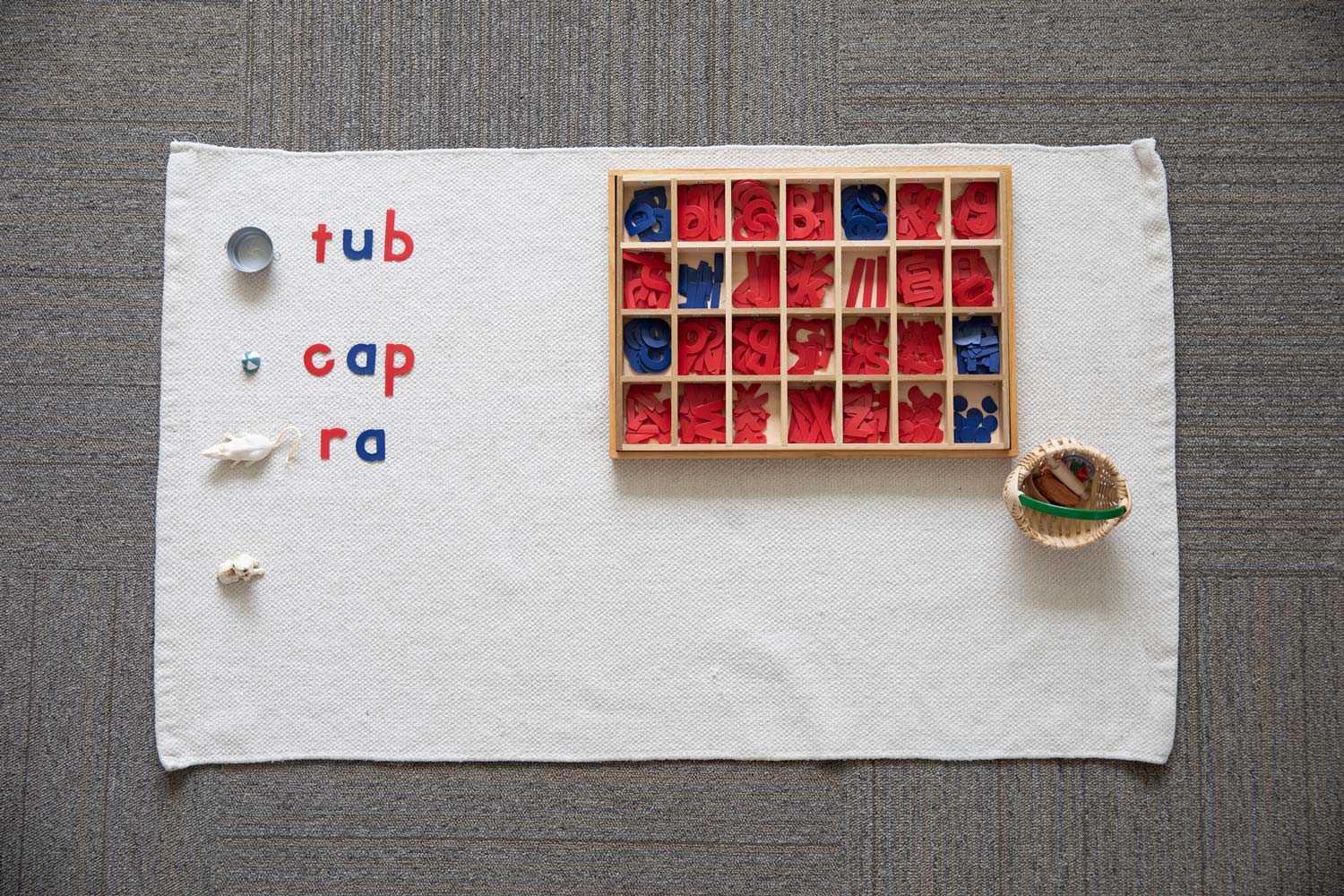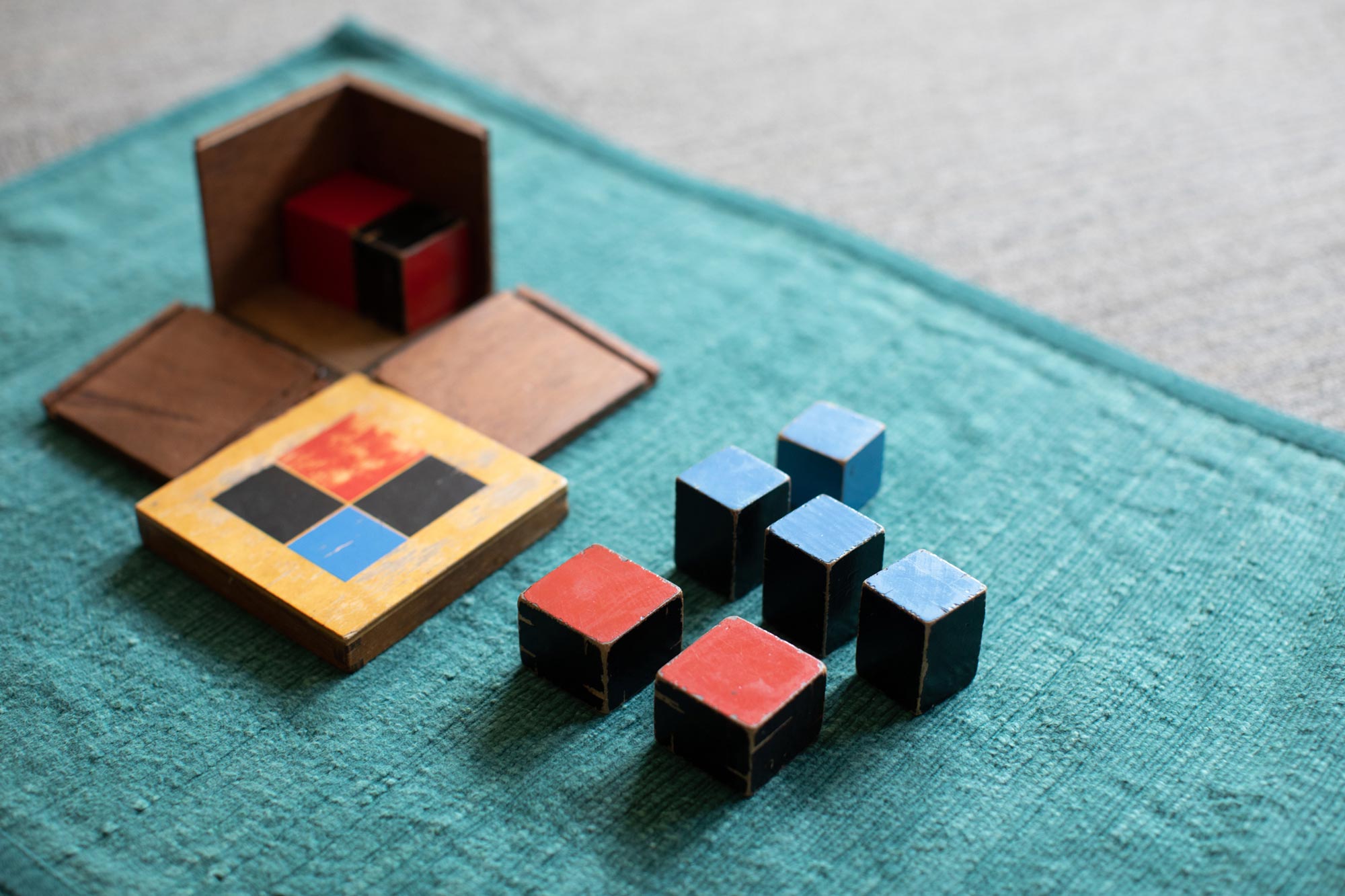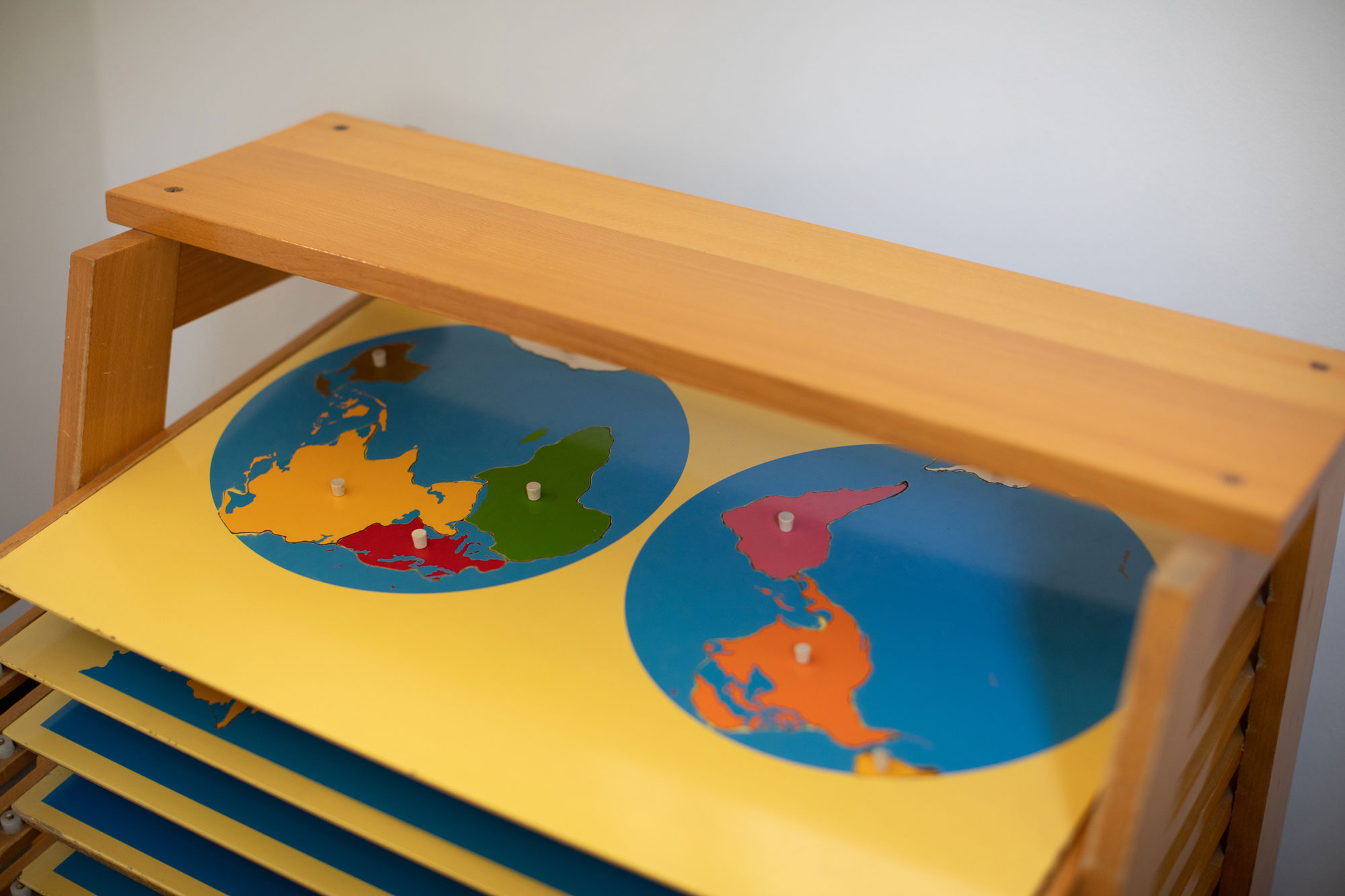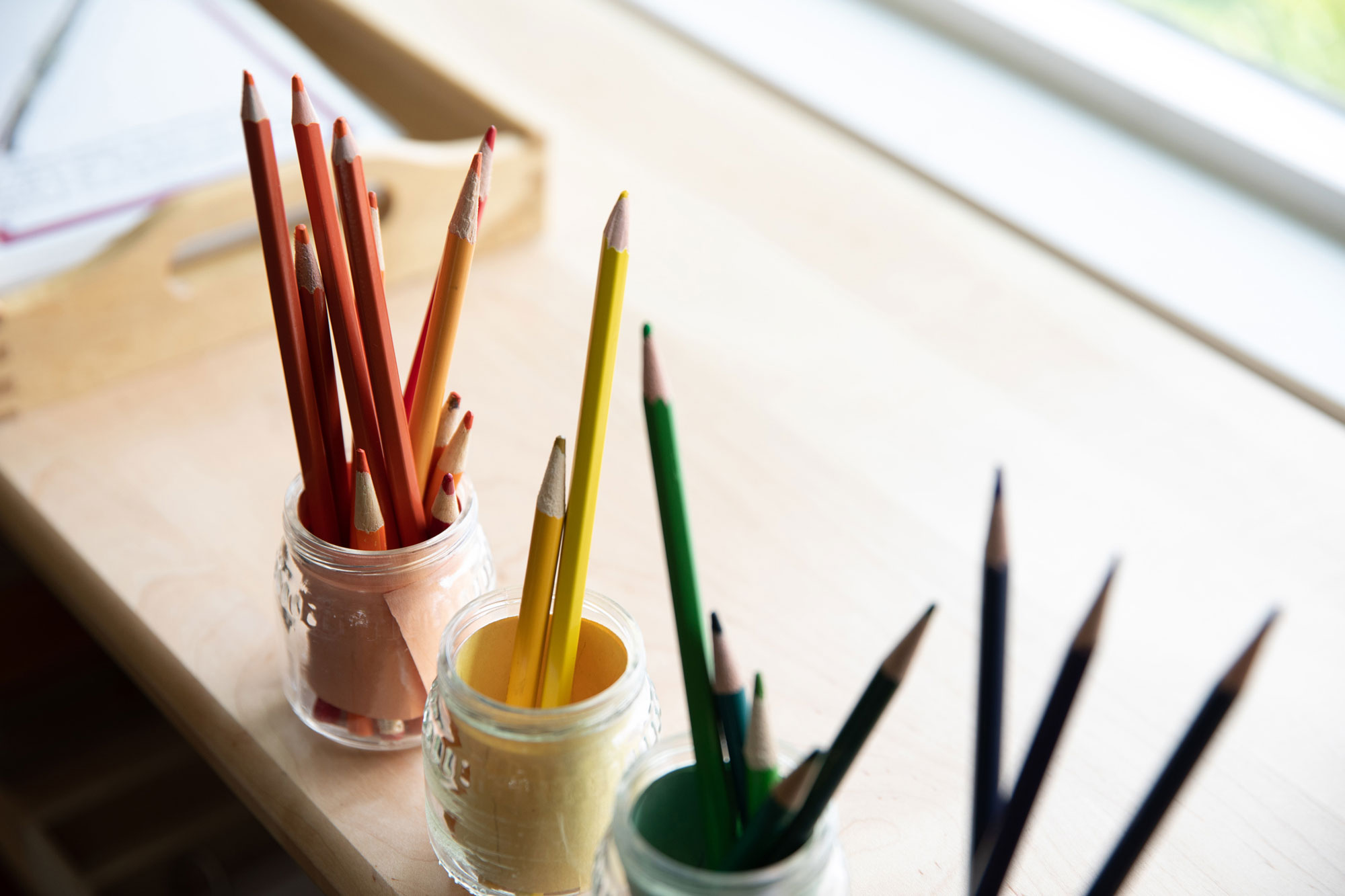Curriculum
What is Montessori?
The Montessori method of education is a system of education for children that seeks to develop natural interests and activities rather than use formal teaching methods. It was developed by physician Maria Montessori. It emphasizes independence and it views children as naturally eager for knowledge and capable of initiating learning in a sufficiently supportive and well-prepared learning environment.
Dr. Maria Montessori, born in 1870, received her medical degree in Italy. She worked in the fields of psychiatry, education and anthropology. She never published a theory until she had observed it for many years with children of all social classes and in many countries.
She believed that each child is born with a unique potential to be revealed, rather than as a “blank slate” waiting to be written upon.
Her main contribution to those of us raising and educating children are in these areas:
- Learning to prepare the best environment for the child, according to the different stages of life.
- Learning to observe the child living freely in this environment, and to continually adapt the environment for the ever-changing child, in order that he may fulfill his greatest potential, physically, mentally, emotionally and spiritually.
The Montessori Method is dynamic in that observation and meeting of needs is continual and specific for each child.
Many people think of the term “Montessori” as it is applied to communities of children between ages three and six. However the discoveries of Maria Montessori are valuable for anyone living and working with children in any situation.
Montessori schools exist for children of all ages, infants through high school in many countries around the world.
